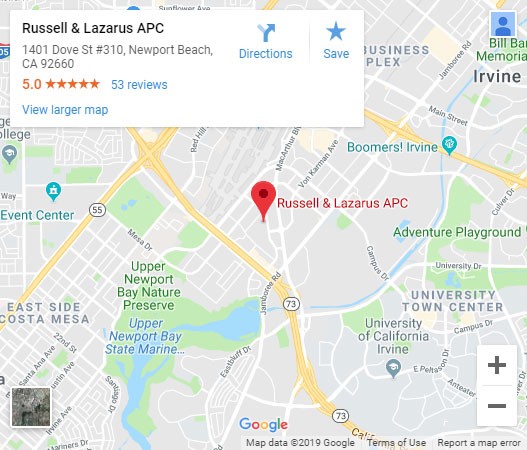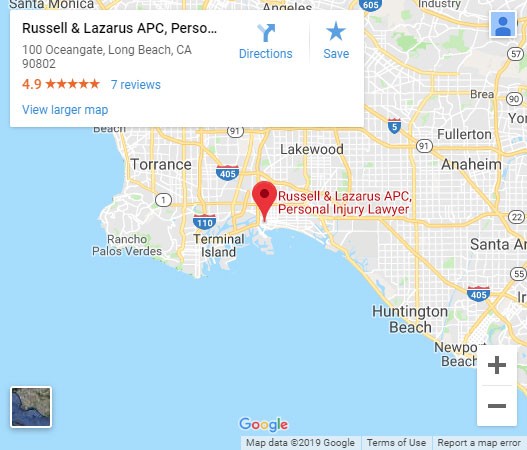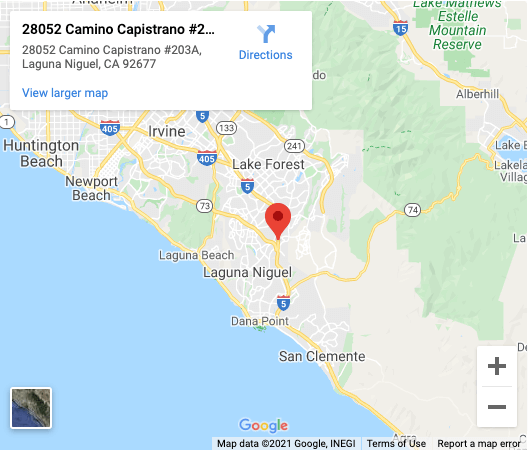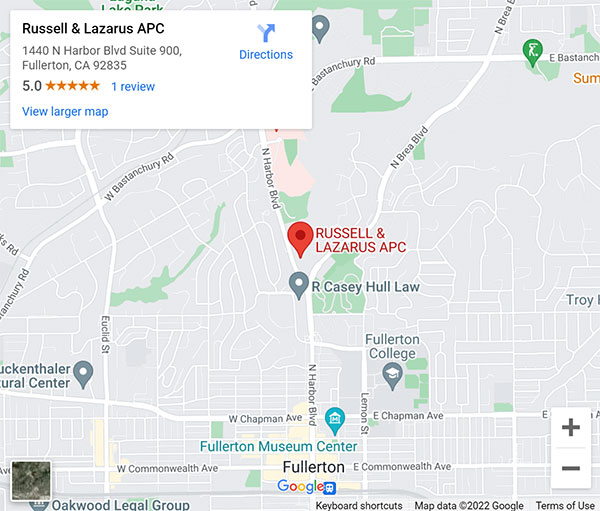Elder Abuse
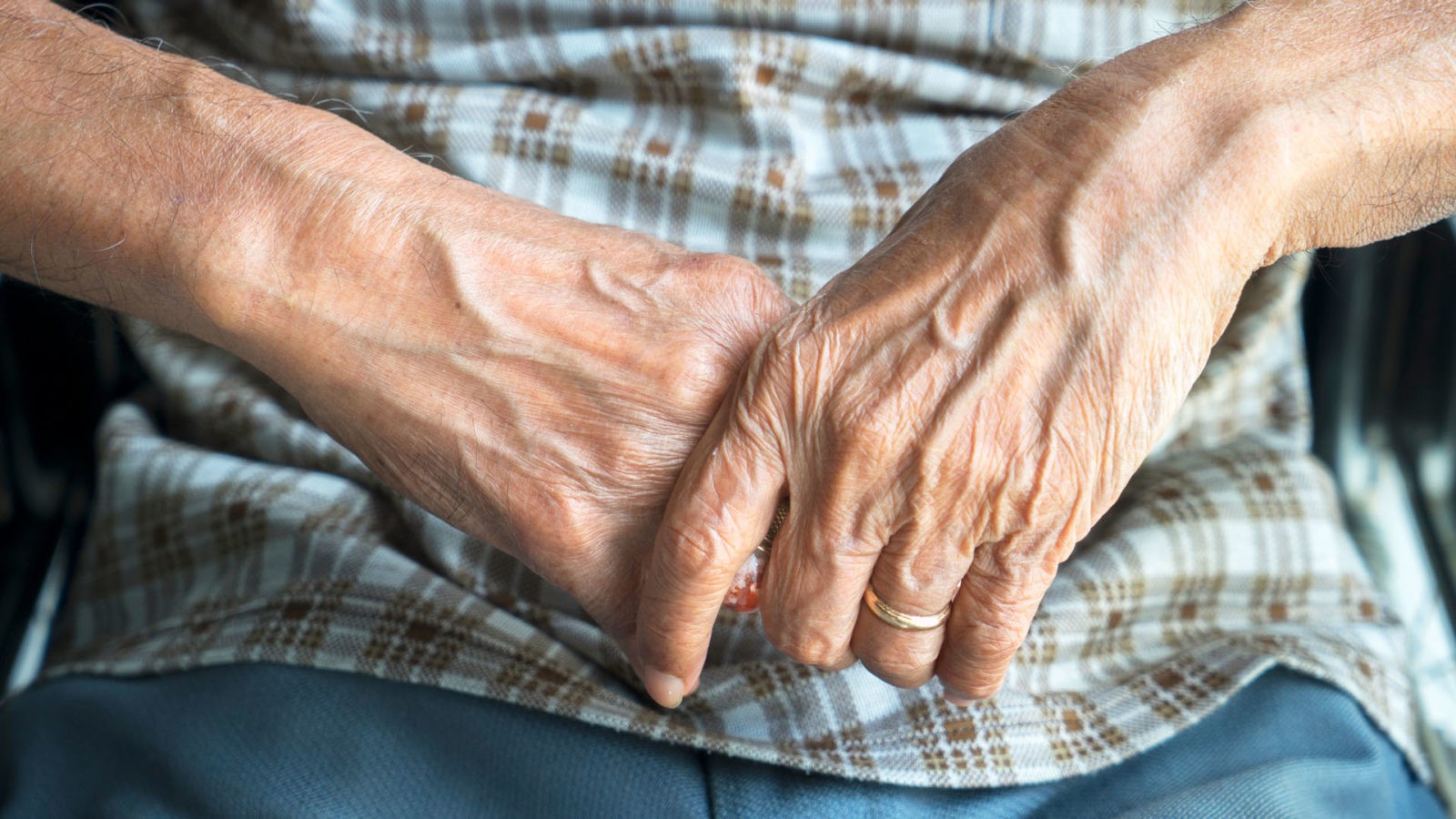
If you are concerned about the well-being of your older loved one, contact an Orange County elder abuse attorney as soon as possible. Many older adults are abused and neglected in situations that can be prevented. We understand that you may not know where to turn in such a confusing situation. Contact Russell & Lazarus APC for a consultation. We will listen to your story, as well as guide you through this complex legal arena.
What Is Elder Abuse?
Before reaching out to an Orange County elder abuse attorney, it is important to understand what constitutes elder abuse and the laws that are in place to protect older people from mistreatment. According to the United States Department of Health and Human Services, elder abuse refers to an act committed by a caregiver or other person that causes harm to a vulnerable adult. The harm must be intentional or negligent and the person who mistreats the older person must be doing so knowingly. Every state has elder abuse prevention laws, although definitions about abuse may vary somewhat.
Elder abuse is not uncommon. The United States Department of Justice reports that annually, as many as 11 percent of all people who are elderly suffer abuse. That’s more than 4 million elderly individuals who face abuse every year in the United States. If your loved one is one of the millions who are abused or neglected, contact an elder abuse attorney right away. You need someone by your side who can help you with a claim for the injuries that were caused.
Who Abuses or Neglects the Elderly?
The National Council on Aging reports that in most situations where an elderly person is the victim, the person committing the abuse are family members. In fact, as many as 90 percent of people who abuse elderly individuals are family members. Two-thirds of those people are adult children or spouses of the victim. Family members who abuse or neglect the elderly could be liable for injuries and losses that they cause to the elderly individual and other family members.
For people who live in nursing homes, memory care facilities, and long term care facilities, other caregivers may be to blame. The person abusing them may be a nurse, aide, or assistant who is employed by the care facility. These people must adhere to a strict standard of care. And if they commit abuse or neglect, they could lose their jobs and face criminal charges.
If you suspect a family member, caregiver, or other person is abusing or neglecting an elderly individual, you should immediately contact an elderly abuse attorney. It’s important to conduct an investigation into the situation and gather evidence of the abuse or neglect. You may be able to obtain compensation for your loved one and anyone else who has experienced loss due to the abuse or neglect.
Types of Elder Abuse
Our Orange County elder abuse attorney says that there are many different types of elder abuse. These may include the following:
- Physical – inflicting physical pain or injury that may include slapping, bruising or restraining
- Sexual – forcing an elderly person into non-consensual sexual acts
- Neglect – failure to provide food, shelter, health care or protection
- Exploitation – taking or misusing funds, property or assets illegally in order to benefit another person
- Emotional – causing an older person anguish or distress through humiliation, intimidation or threats
- Abandonment – desertion of someone who is elderly by a person or persons entrusted to care for them
- Self-neglect – failure of the person themselves to perform tasks that will keep them both safe and healthy
All of these forms of abuse or neglect can be prevented. It’s important to recognize the type of abuse that your loved one is experiencing. This can help you identify the right course of action to help them recover. An elder abuse attorney can guide you through the process as well as evaluate your specific situation.

Signs of Elder Abuse
There are often signs that an older person is being abused by a caregiver. Bruises, pressure marks, abrasions or broken bones indicate that the elderly person may be suffering from physical abuse or neglect. If an older person suddenly withdraws from activities, becomes less alert or appears depressed, they may be suffering from emotional abuse. Elderly people who develop bedsores, display poor hygiene or lose weight for no apparent reason could be suffering from neglect. Other, less apparent signs of abuse are uses of power and control by spouses or caregivers as well as frequent arguments or strained relationships between the older person and the caregiver. If an elderly person seems to have developed a sudden financial problem, a caregiver may be exploiting them. Unfortunately, it could take months or years before the exploitation is discovered.
The following are signs of elder abuse according to the type of abuse or neglect that your loved one may be experiencing:
- Physical Abuse. Bruises or broken bones, burns, unexplained injuries, or frequent trips to the doctor or hospital.
- Emotional Abuse. Anxiety, mood changes, fearful behavior, personality changes, fear of caregivers, refusal to see loved ones, withdrawal from close friends or family members, reluctance to talk.
- Sexual Abuse. Acquiring an STD, pain in the genital or anal region, injuries or bleeding from sensitive areas.
- Neglect. Bed sores or ulcers, malnourishment, failure to receive basic necessities, unpaid bills, inability to see a doctor when needed.
- Abandonment. Unhealthy living conditions, dirty bedding or clothing, failure to receive medical treatment when needed.
- Exploitation. Inability to stick to regular budget, unexplained spending of money, missing property or personal items, depletion of assets.
- Self-Neglect. Refusal of care as well as other symptoms mentioned above.
Silent Suffering
Older people are often reluctant to report abuse by a caregiver, especially if a spouse or their children is caring for them. In some cases, the older person may no longer have the mental capacity to recognize abuse, especially exploitation. Family members whose older relatives are receiving care from outside agencies should be vigilant regarding changes in their loved one’s appearance, demeanor and financial standing.
How to Report Elder Abuse
If you suspect that your loved one or someone you know is suffering from abuse or neglect, you should report the situation and then get help right away. Take the following steps to protect your loved one:
- Call 911. You should notify the police right away of the situation so that they can begin investigating. You may also need to request an ambulance to provide emergency care for your loved one.
- Adult Protective Services (APS). Government agencies monitor the well-being of the elderly and the standard of their care. Make sure you report the situation to local APS right away.
- Health care facility management. If your loved one is staying in a long term care facility or assisted living situation, then you should report the situation to them immediately.
- Doctors and treating medical providers. You should call your loved one’s primary care physician and report the situation so they can be involved in the care and recovery process.
- Elder abuse attorney. The process of reporting an abuse or neglect situation can be daunting. Call an elder abuse attorney to help you with the situation.
Contact an Orange County Elder Abuse Attorney for Help
According to the National Incidence Study on Elder Abuse, approximately 450,000 elderly people experience abuse each year. If you have an older loved one that you suspect is suffering from any type of abuse, contact the office of Russell & Lazarus APC today to learn what rights they may have. You may reach us by phone at 949-851-0222. Contact our office today so we can begin taking steps to protect your loved one as soon as possible.
Locations
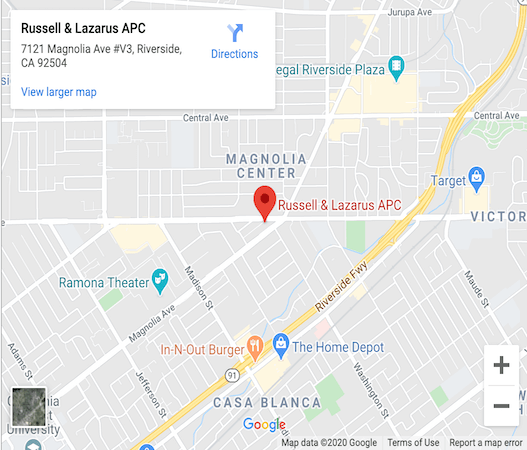
Phone: (951) 485-4000
Toll-Free: (800) 268-9228
Grandville Executive Suites
7121 Magnolia Ave., #V3
Riverside, CA 92504

